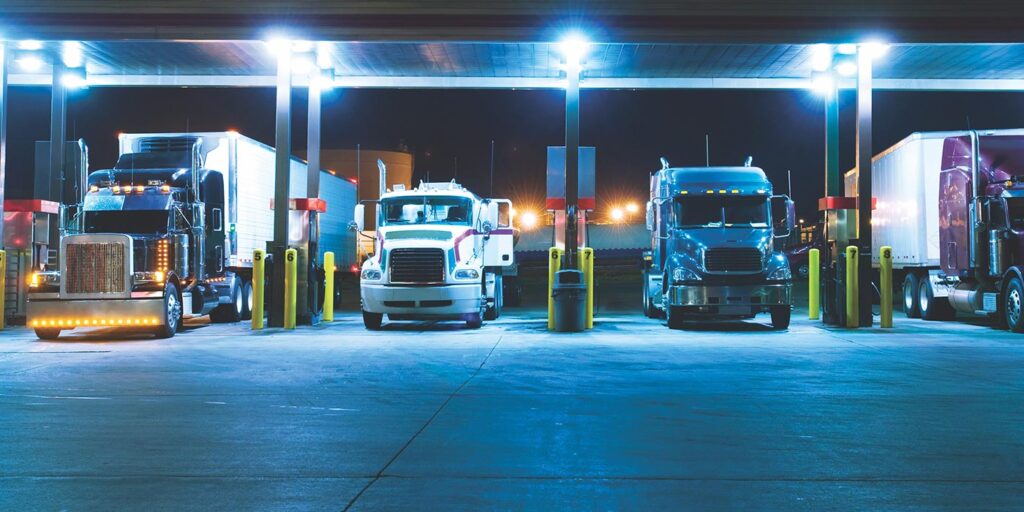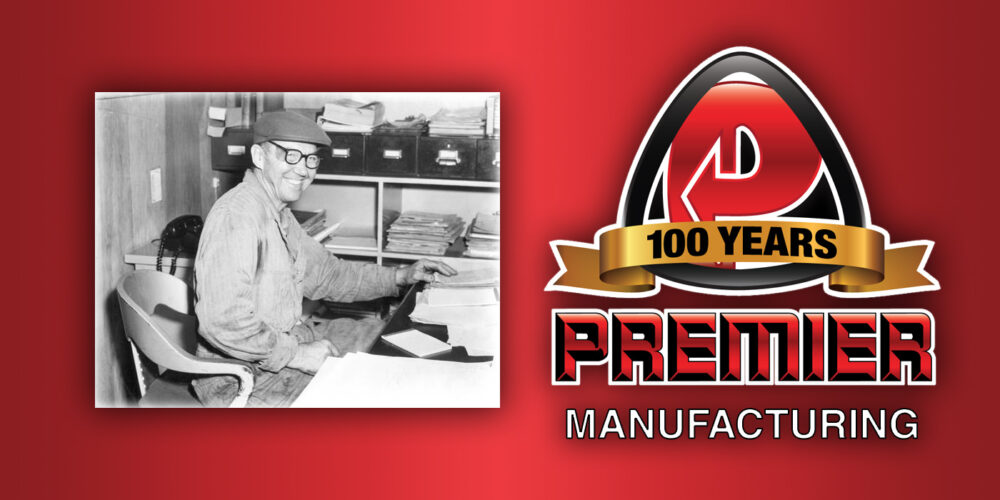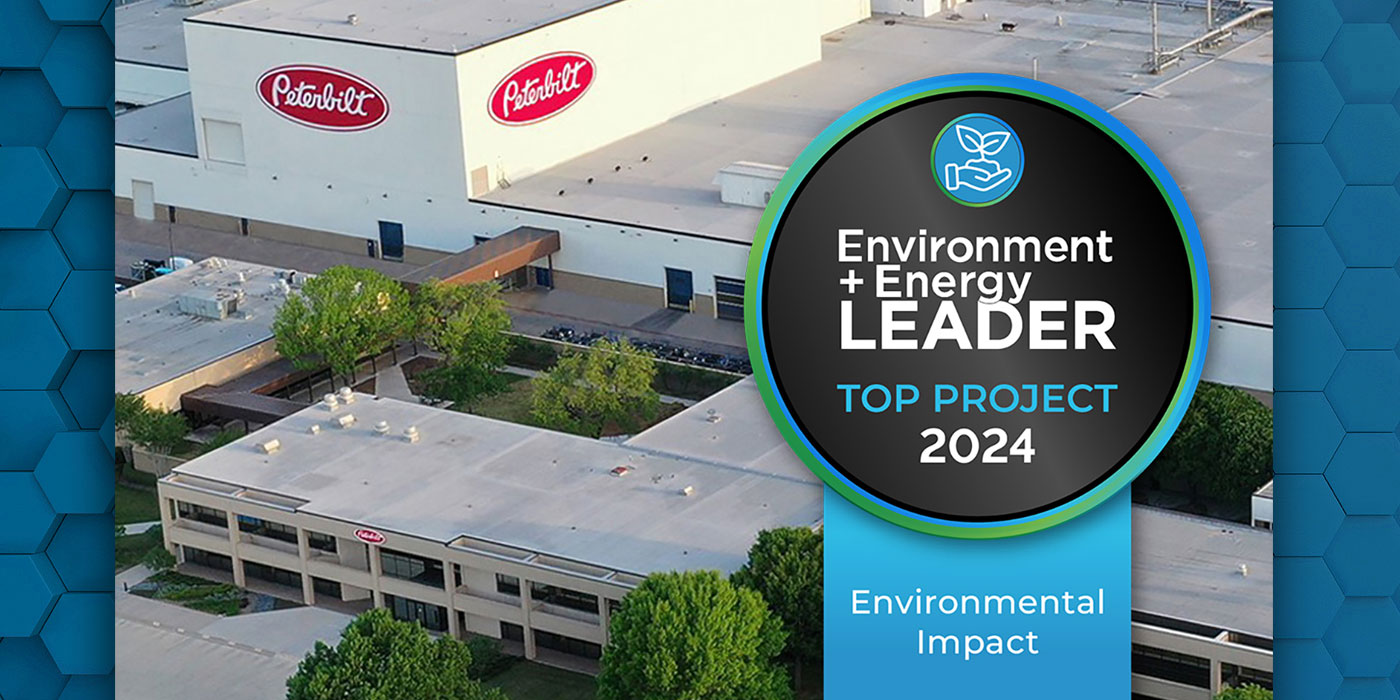Renewable diesel has gotten a lot of attention from fleets over the past few years, and for good reason: It’s a drop-in replacement to petroleum diesel that offers excellent performance and cuts emissions.
But what some fleets don’t realize is that the same description applies to biodiesel — and in some cases, biodiesel gives fleets additional advantages like lower price, better availability and further emission reductions.
So if you think renewable diesel makes the most sense for your fleet, let’s explore why biodiesel may actually be a better fit.
Comparing biodiesel and renewable diesel
First, a little background on the two fuels.
Biodiesel is made from feedstocks such as recycled cooking oil, waste animal fats and vegetable oils. In the production process, the feedstock is reacted with methanol to produce fatty acid methyl esters (FAME). This process is called transesterification.
Renewable diesel is made from the same feedstocks, but it has a different production process and is a distinct fuel from biodiesel. With renewable diesel, the feedstock is reacted with hydrogen during what is known as the hydrotreating process.
Biodiesel benefits
Biodiesel distinguishes itself from renewable diesel in three other key areas:
- Price — You will likely pay a premium for renewable diesel. Not only is biodiesel typically less expensive than renewable diesel, it often costs less than petroleum diesel too.
- Supply — Part of the price difference is due to supply and demand. Renewable diesel production is lower than biodiesel’s in the U.S., and a lot of the nation’s renewable diesel supply goes to the West Coast. It is a challenge for fleets and retailers outside that region to get product.
- Emissions — Both fuels do a great job compared with petroleum diesel at reducing harmful pollutants. But biodiesel actually does a superior job of reducing most tailpipe emissions, including particulate matter, carbon monoxide and total hydrocarbons.
Strong performance
Biodiesel also performs well in diesel vehicles. It has higher Cetane and added lubricity compared to petroleum diesel. Also, many fleets say that biodiesel’s cleaner burn, with less soot making its way to the aftertreatment system, is causing them fewer problems with diesel particulate filters.
Fleets view renewable diesel having the same ASTM standard as petroleum diesel as a positive, but biodiesel has ASTM standards of its own, ensuring the fuel is produced to the highest quality. Also, biodiesel blends up to B20 are drop-in fuels that require no vehicle or fuel infrastructure upgrades.
The right fuel for you
Ultimately, picking the right fuel depends on your unique circumstances. If you’d like help evaluating the clean fuel solutions that can support your business and sustainability goals, let’s connect.
Steve Klein is senior manager of marketing at Renewable Energy Group, a biodiesel and renewable diesel producer. He can be reached at [email protected].














